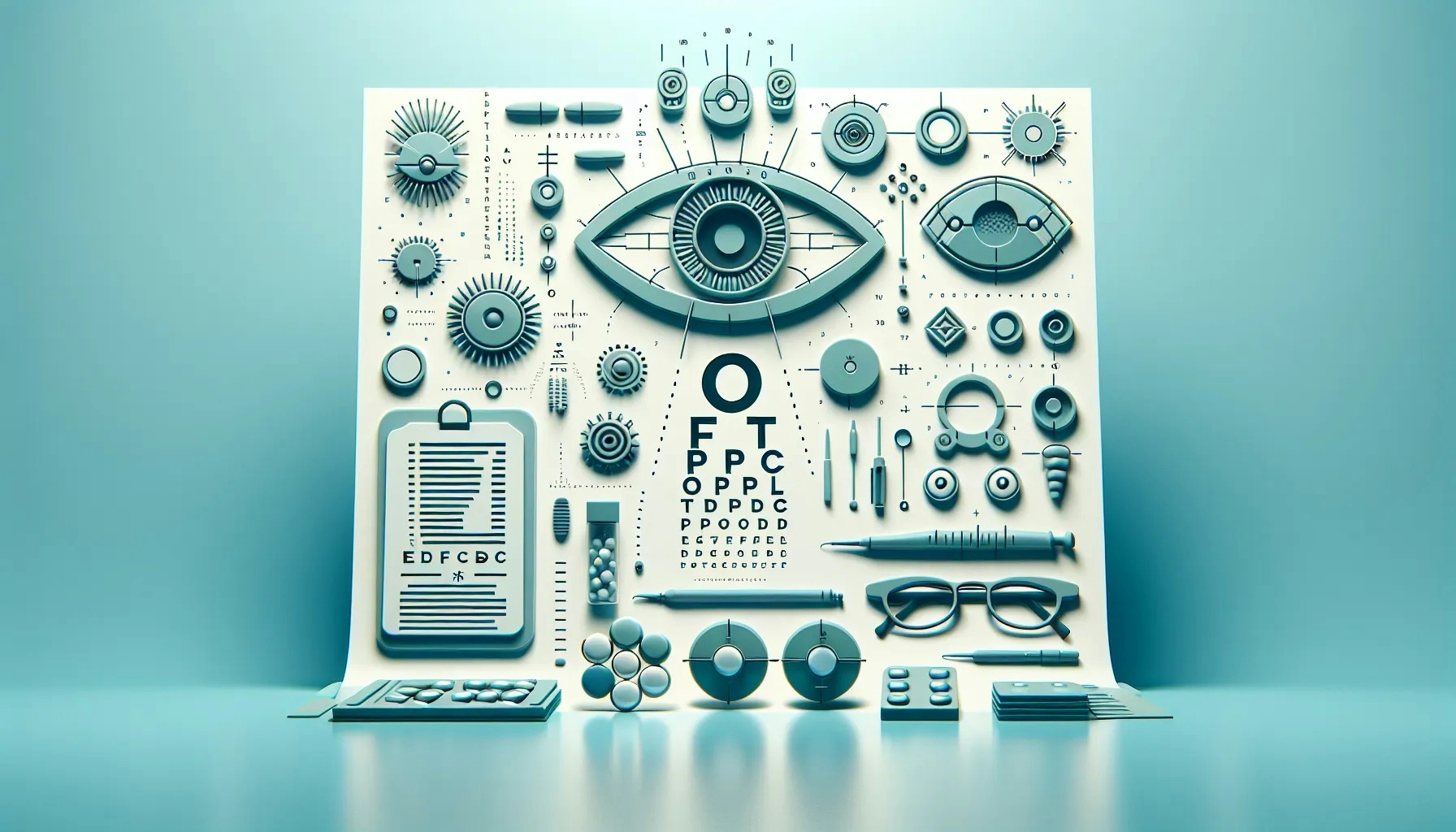Eyes are the windows to the world, and maintaining their health is paramount. This blog post will guide you through various strategies to keep your eyes in optimal condition. From dietary habits to lifestyle changes, we'll explore a myriad of ways to ensure your vision remains sharp and your eyes healthy.
The Role of Nutrition in Eye Health
A balanced diet plays a crucial role in maintaining optimal eye health. Consuming nutrient-rich foods can help protect your eyes from age-related vision problems and other health issues.
Vitamins A, C, and E are particularly beneficial for eye health. Vitamin A, found in foods like carrots and sweet potatoes, is essential for good vision. It helps the retina and other parts of the eye to function smoothly.
Vitamin C, found in citrus fruits and bell peppers, is a powerful antioxidant that can help fight against eye diseases. Vitamin E, found in nuts and seeds, can protect the cells in our eyes from harmful molecules known as free radicals.
Omega-3 fatty acids, found in fish and flaxseeds, are also beneficial for eye health. They can help prevent dry eyes and even delay the onset of age-related macular degeneration.
Zinc, another essential nutrient, helps bring vitamin A from the liver to the retina to produce melanin, a protective pigment in the eyes. Foods high in zinc include oysters, beef, and pumpkin seeds.
Importance of Regular Eye Examinations
Regular eye examinations are a critical part of maintaining optimal eye health. These check-ups allow your optometrist to detect any potential eye problems at their earliest stages when they're most treatable.
Eye exams can help identify conditions like glaucoma, cataracts, and macular degeneration. They can also detect other health issues like diabetes and high blood pressure, which often have early symptoms that can be seen in the eyes.
Children should have their first eye exam at six months of age, then at age three, and again at the start of school. Risk-free children should then continue to have their eyes examined every two years until age 18.
Adults should have their eyes examined to keep their prescriptions current and to check for early signs of eye disease. For adults aged 18 to 60, eye exams should be scheduled every two years. Adults aged 61 and older should have annual exams.
The Impact of Lifestyle Choices on Eye Health
Your lifestyle choices can significantly impact your eye health. Smoking, for instance, can increase your risk of developing cataracts and age-related macular degeneration. If you smoke, quitting is one of the best steps you can take to protect your vision.
Physical activity is also important for eye health. Regular exercise can reduce your risk of developing health conditions like diabetes and high blood pressure, which can lead to eye problems if not managed properly.
Limiting your screen time can also help protect your eyes. Long periods of screen use can lead to digital eye strain, causing symptoms like blurry vision, difficulty focusing, dry eyes, and headaches. Make sure to take regular breaks from your screen to rest your eyes.
Protective Eyewear and Sun Safety
Protective eyewear is a must when it comes to safeguarding your eyes from injury. Whether you're playing sports, doing a DIY project at home, or working in a hazardous environment, wearing the right protective eyewear can prevent serious eye injuries.
Sunglasses are another important aspect of eye protection. They shield your eyes from the sun's harmful ultraviolet (UV) rays, which can increase your risk of cataracts and macular degeneration. When choosing sunglasses, look for ones that block out 99 to 100 percent of both UVA and UVB radiation.
The Importance of Adequate Sleep
Sleep is essential for maintaining optimal eye health. When you don't get enough sleep, your eyes can become dry and irritated, leading to blurry vision, eye strain, and other problems.
A good night's sleep allows your eyes to rest, repair, and recover. Lack of sleep can lead to symptoms like eye spasms, dry eyes, and popped blood vessels due to eye strain. Adults should aim for seven to eight hours of sleep per night to maintain good eye health.
Hydration and Eye Health
Staying hydrated is important for eye health. Dehydration can cause eye strain, dry eyes, and other vision disturbances.
Drinking plenty of water can help prevent these symptoms. Foods with high water content, such as fruits and vegetables, can also contribute to your hydration levels.
Maintaining Optimal Eye Health: A Recap
Maintaining optimal eye health involves a combination of a balanced diet, regular eye exams, healthy lifestyle choices, protective eyewear, adequate sleep, and proper hydration. By incorporating these strategies into your daily routine, you can ensure your eyes remain healthy and your vision sharp. Remember, your eyes are your window to the world, so take good care of them!

